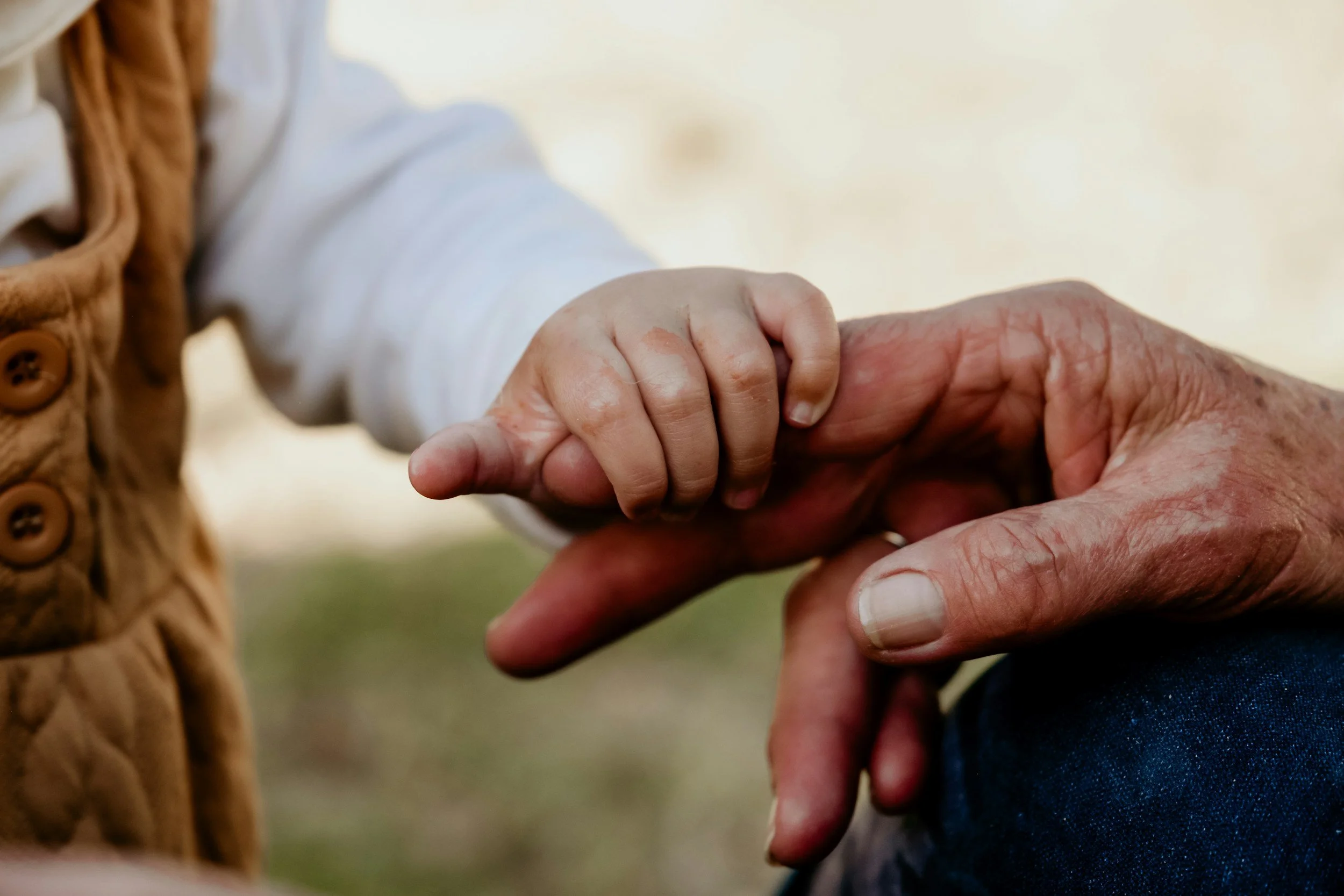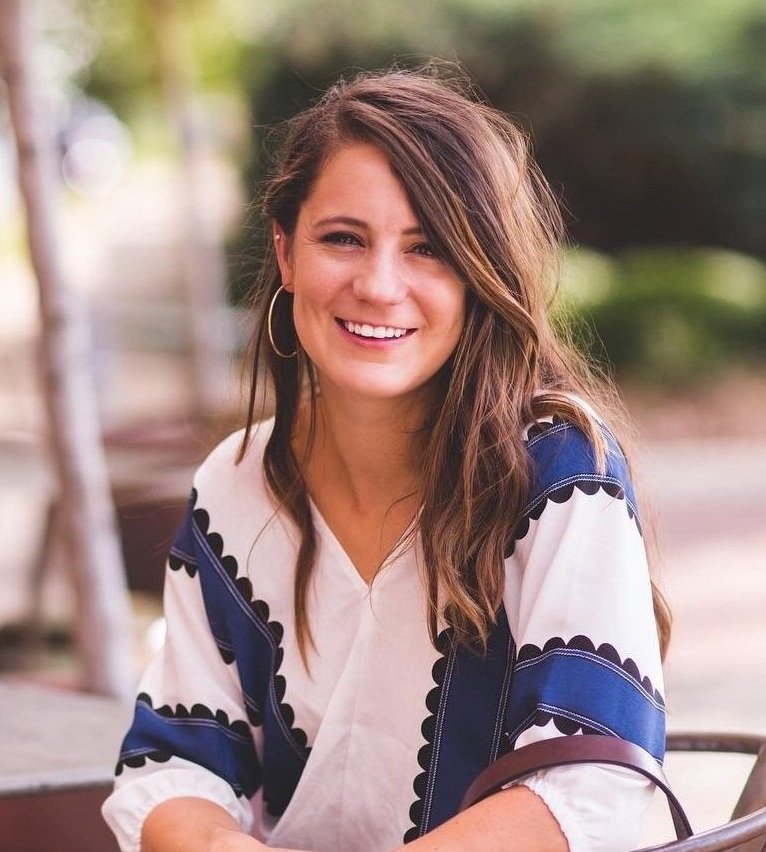Understanding Attachment: The Way We Learn to Love
By: Lindsay Kate Skinner MA, LPC, NCC
Attachment quietly shapes almost everything about how we love.It’s the thread that runs through the way we reach for others, the way we pull back, and the way we decide what love is supposed to feel like. And most of us don’t even realize it’s happening.
What Attachment Really Means
Attachment is just a word for the emotional bond we build, first with our caregivers, and then later, with the people we love. It’s that deep internal question that every child, and eventually every adult, is asking:
“Am I safe? Am I seen? Am I worth showing up for?”
When those questions were answered with consistency and care, we learned to believe love could be safe, what we call secure attachment. When those needs went unanswered, or only sometimes answered, we learned to protect ourselves. This often happened in ways that made sense back then, but don’t serve us anymore.
Four Ways Attachment Shows Up
Secure: You’re comfortable being close but also okay on your own. Love feels safe, steady, and mutual.
Anxious: You worry about being too much or not enough. You crave reassurance, and distance feels scary.
Avoidant: You feel safest when you’re self-reliant. Vulnerability can feel uncomfortable, even threatening.
Disorganized: You want closeness but also fear it. You crave love and protection, yet feel uncertain when it shows up.
These aren’t boxes, they’re patterns. And patterns can change.
Healing the Old Stories
Healing attachment wounds isn’t about rewriting your entire story, it’s about learning to see it with compassion. It’s naming the old messages (“I can’t depend on anyone,” “If I open up, I’ll get hurt”) and slowly teaching your nervous system a new truth:
“I can be loved and safe at the same time.”
In therapy, we work on this by helping you:
Notice your attachment triggers, those moments when fear or shame shows up in relationships.
Practice self-soothing instead of self-protecting.
Build trust through small, consistent steps that let safety grow over time.
Healing doesn’t mean never being triggered again. It means knowing what to do when you are.
A Final Thought
Attachment isn’t about dependence, it’s about safety.
It’s not weakness to want connection. It’s human. And learning how to give and receive love safely is some of the most sacred work we ever get to do. At Apollo Counseling, we walk with individuals and couples through this process, helping them build relationships that feel secure, steady, and real. You deserve that kind of love, the kind that lets you exhale.
About the Author
Lindsay Kate Skinner is a dedicated professional at Apollo Counseling, where she combines her expertise in mental health with a genuine passion for supporting individuals on their journeys to well-being. Her approach emphasizes empathy and understanding, creating a safe space for clients to explore their thoughts and feelings. Lindsay Kate is committed to empowering those she works with, helping them to develop resilience and coping strategies that promote personal growth and healing. With a focus on holistic care, she strives to guide her clients toward achieving their goals and finding balance in their lives. Get Connected!


